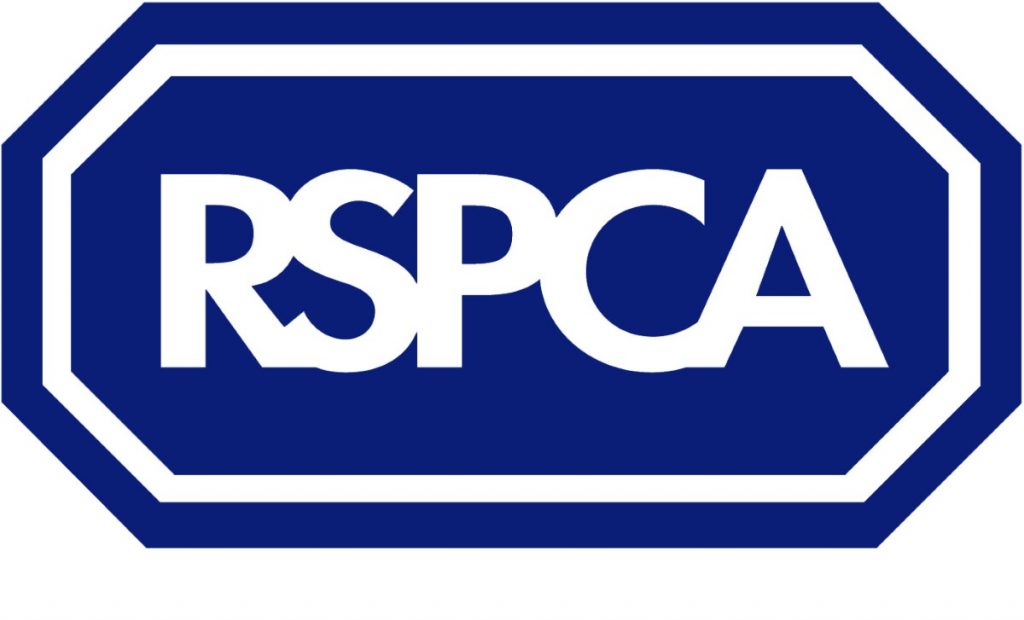RSPCA alarm at badger cull restart
The RSPCA is alarmed that despite two years of failed pilot culls the Government plans to forge ahead with plans to kill badgers in Somerset and Gloucestershire for a third year and add an extra cull zone in Dorset.
Two counties, Somerset and Gloucestershire were subject to culls in 2013 and 2014 and now Defra have announced they will be adding Dorset to the cull area despite strong public opposition to the scheme.
The RSPCA is now renewing calls for the culls to be stopped and instead a more proactive approach through vaccination and improved biosecurity be taken to tackle the problem of bovine TB.
RSPCA assistant director of public affairs David Bowles said: “We are saddened but unsurprised at the restart of the badger culls but to extend the number of cull areas further is alarming – especially when the last two years of culls have been such a failure. This action is flying in the face of public and scientific opinion.
“The whole scheme has turned into a farce. In both years minimum targets set for Gloucestershire were not met with fewer than half the required number of badgers killed. In Somerset the 2013 targets were missed and were only just reached in 2014.
“After the first cull an independent panel of experts agreed that they did not reach the humaneness threshold. Since then, the BVA have withdrawn their support for free shooting as they feel that it is not a humane way of killing the badgers. As all three culls continue to allow free shooting as a chosen killing method, the Government is going against agreed veterinary advice.
“We feel this method of trying to reduce the numbers of incidents of bovine TB is not just inhumane – but it simply will not work. We have no evidence to show the first two years of culls have reduced bovine TB incidents in cattle and previous studies show that with the numbers killed it may even have made it worse.
“As there have been no new population assessments, target figures for badgers to be killed this year have been simply guessed at meaning that hundreds of badgers could be killed for a policy that is misguided, inhumane and ineffective.
“It is encouraging that Defra have launched a vaccination scheme in the edge areas – but if this method is good enough there it is good enough in all areas.
“We still maintain the best way to combat the spread of bovine TB is if wildlife campaigners and farmers work together to develop vaccination projects combined with improved biosecurity. We know from Wales that a tougher cattle testing regime has resulted in a significant drop in bovine TB cases. This combined with a proactive vaccination programme provides the best way to regain control of the problem that is bovine TB.”
Notes to editors –
- There is still a great deal of uncertainty over the numbers of badgers in the cull zones; even Natural England state that there are “significant difficulties in achieving accurate estimates of badger populations”.
- In 2014, 274 badgers were killed in Gloucestershire – where the minimum target was 615 and in 2013 928 against a target of 1,250.
- In 2014, 341 badgers were killed in Somerset – the minimum target was 316. and in 2013 940 badgers were killed against a target of 1,015
Contact /
Press office direct lines:
0300 123 0244/0288
E-mail: press@rspca.org.uk
www.rspca.org.uk/media
twitter: @rspca_official
facebook.com/rspca
Cruelty Line 0300 1234 999
RSPCA
Southwater
West Sussex
RH13 9XH
Duty press officer (evenings and weekends)
07825 158490





-01.png)